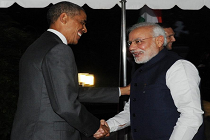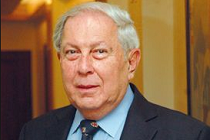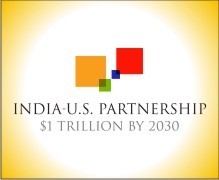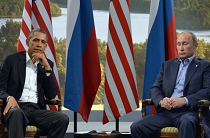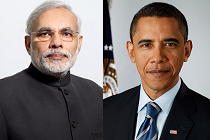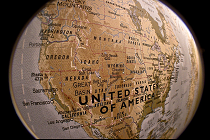India-U.S. must move past deal-led ties
Prime Minister Narendra Modi’s visit to the U.S. is unlikely to reset bilateral relations. The relationship remains determined by bickering over trade and investment deals, such as the impasse at the WTO and the disputes over IPR. To become real strategic partners, both countries must move beyond these transactional exchanges

